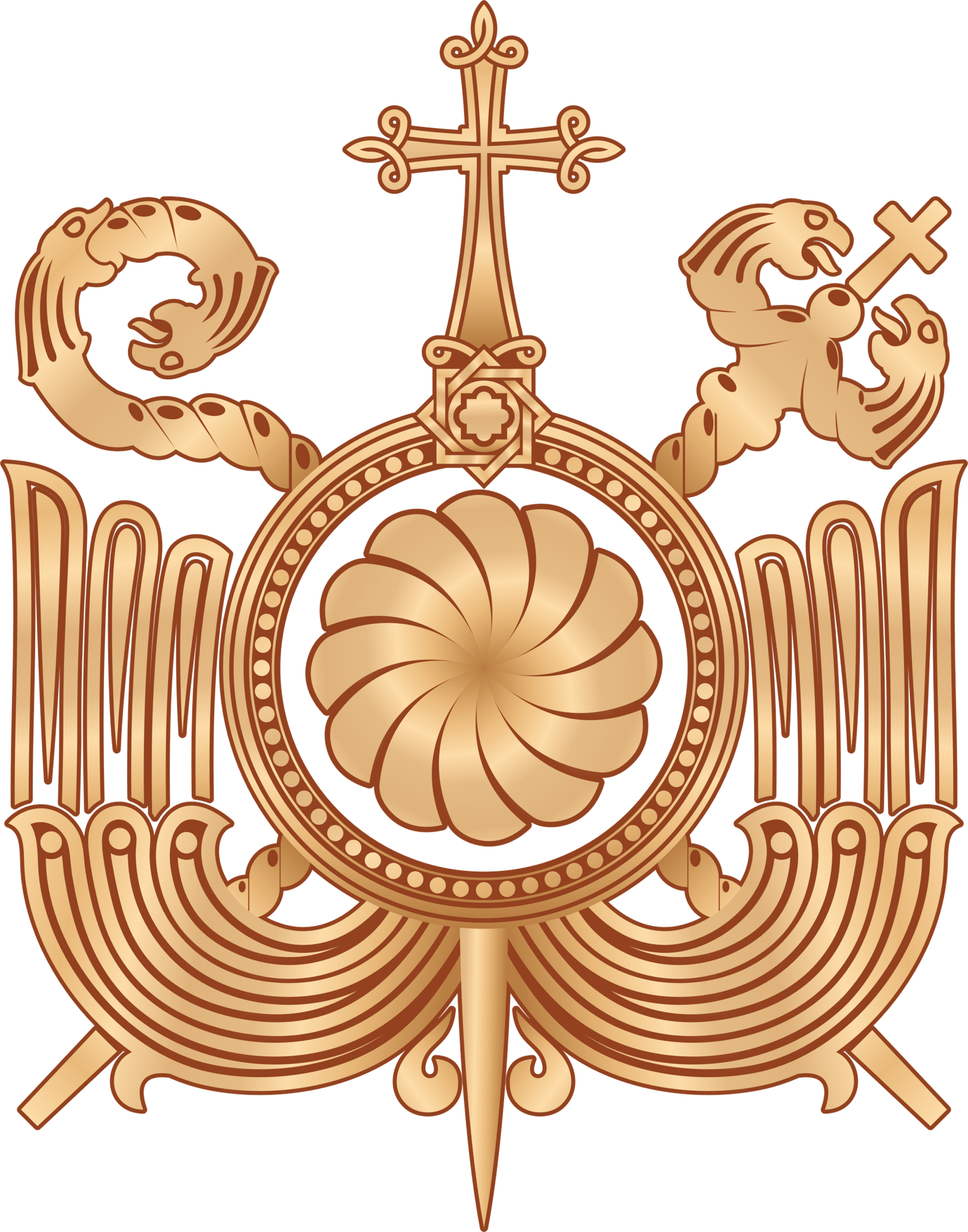Interview with Bishop Vrtanes Abrahamian
The former spiritual leader of the Armed Forces, Bishop Vrtanes Abrahamyan was appointed Primate of the Artsakh Diocese instead of Bishop Pargev. We asked Bishop Vrtanes if the number of priests or chaplains in Artsakh had decreased after the implementation of the November 9 memorandum: “Not at all, neither in the army nor in the diocese there is a decrease in the number of clergymen. Each of the army chaplains serves in his military unit, as they used to, and the clergy of the diocese also serve in their places, except for the priests of the occupied territories, I mean Hadrut and Shushi. The priests of these regions are in a different service, they have already been reappointed by the former Primate - Archbishop Pargev, - answered Bishop Vrtanes.
- And where do the chaplains of occupied military units continue to serve?
- Where a military unit is, they are with their headquarters there.
- As far as we know, clergymen in Artsakh are paid less, is it planned to raise their salaries?
- Less depends on which category we are comparing with ․ If with the population of Armenia, then this is quite a good salary, but if we compare with the nature of their service, which is no less important, of course, we can say that it is a little low, but on the scale of Armenia as a whole, this is a normal salary, especially for an unmarried clergyman, for a military clergyman, but for a married one it is a little difficult, of course․
- How is the service of the clergy carried out in the sanctuaries of the territories controlled by Azerbaijan, in the church of Shushi, in Dadivank, are there any organized pilgrimages?
- In this case, it is on their territory, but we carry out our spiritual service to the fullest, I would say even more than that. We are planting the seeds of monastic service to restore it. If earlier in Dadivank there was one abbot in the person of Father Hovhannes, today we have 6 people․
- There are forecasts that after the resumption of flights to Russia, a large emigration will begin both from Armenia and especially from Artsakh. Do you think the Artsakh people are going to emigrate or will they continue to live in Artsakh?
- Honestly, I have not seen this, I will only say one thing, that the Artsakh people never emigrated, no matter what difficulties they had, and these difficulties, I think, will not cause such a mood or a tendency to emigrate. I think that when this uncertainty disappears and clears out, everything will fall into place and go with the flow, but they are a little hesitant to explain themselves so that these people really understand what to expect from tomorrow? In this matter, there should be a little urgency on the part of our leadership so that our people understand what the reality is and what to expect. And if not, this uncertainty, of course, leads to all sorts of misunderstandings and panic. I support your question, but I don't think people are in that mood.
- You were appointed as the head of the Artsakh Diocese, and earlier, as the spiritual leader of the Armed Forces, you had contact with Artsakh, what do you think about the Prime Minister's statement that before the conflict in Shushi there were 90% of the Azerbaijani population and the city was not Armenian?
- To be honest, I did not hear his words on this matter, but if he really put it that way, then I do not agree with this opinion. Shushi has never been Azerbaijani, our ancestors laid the first foundations in this fortified city, and all construction workhouses, streets - everything is Armenian there. If you listen to the city walls, you will hear only Armenian speech, you will hear the Karabakh dialect on the streets of this city. I don't think that anyone has the right to call Shushi Azerbaijani city, Shushi has never been a foreign city.



